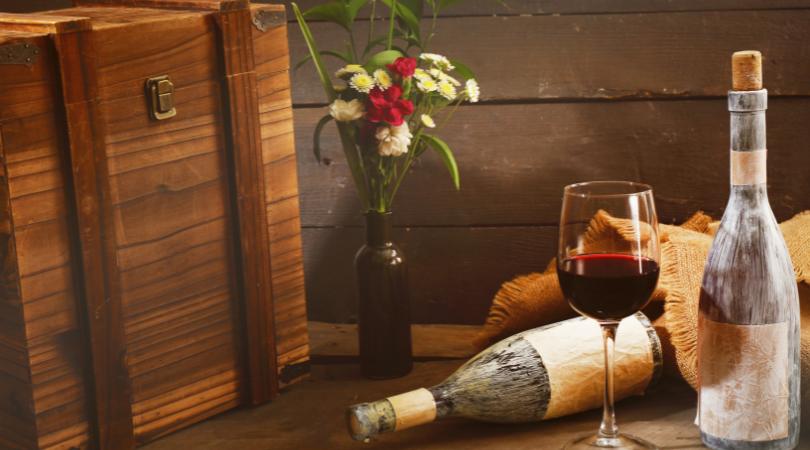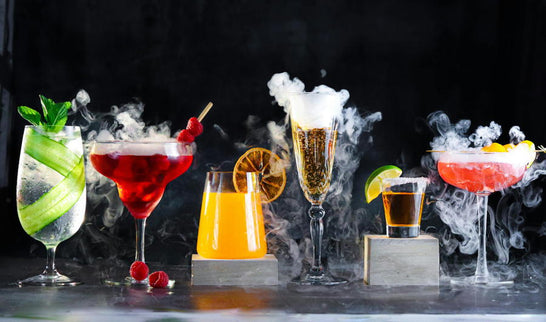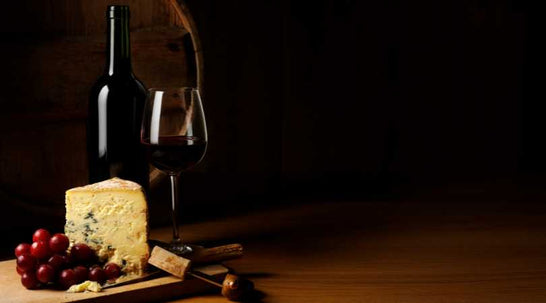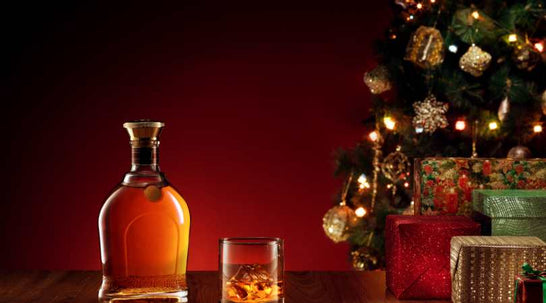
The aging process of wine is a complex chemical reaction that involves the transfer of oxygen and phenolic and aromatic compounds from the barrel to the wine. The journey of wine aging is a fascinating one, and it is essential to understand the chemical and sensory changes that occur over time and how they enhance the flavors and aromas of wines.
The chemical reactions that occur during wine aging are influenced by several factors, including temperature, humidity, and the type of container used for aging. The following are some of the chemical changes that occur during wine aging:
Oxidation: Oxygen is essential for wine aging, but too much can cause the wine to spoil. During wine aging, oxygen slowly diffuses through the barrel. It reacts with the wine's phenolic compounds, causing them to polymerize and form new compounds that give the wine its characteristic flavors and aromas.
Evaporation: During wine aging, some of the wine's water and alcohol evaporate through the barrel's pores, causing the wine to become more concentrated.
Acidification: There are three main acids found in wine grapes: Tartaric acid, malic acid, and citric acids. Each plays an important role in the wine production process. Independently and collectively, they contribute different flavors and textures to the final version of the wine. The acidity comes from the cream of tartar acids. As the wine progresses through the aging process, it is key to find just the right combination of acids and phenolics to help soften a wine’s taste and improve the overall flavor of the wine.
Reduction: Reduction is the opposite chemical reaction of oxidation. It occurs when wine is exposed to too little oxygen. This can cause the wine to develop off-flavors and aromas.
The Sensory Changes that Occur During Wine Aging

The sensory changes occurring during wine aging are just as important as the chemical changes. As wine ages, it develops a more complex flavor profile, with new flavors and aromas emerging over time. The following are some of the sensory changes that occur during wine aging:
Fruit Flavors: As wine ages, its fruit flavors become less pronounced, and secondary flavors such as leather, tobacco, and earthy notes emerge.
Tannins: Tannins are compounds found in wine that give it a bitter taste. As wine ages, its tannins become less harsh, resulting in a smoother mouthfeel.
Color: As red wine ages, its color changes from a deep purple to a brick-red color. White wine, on the other hand, becomes darker and more golden in color as it ages.
Is Aged Wine Better?

Some people prefer the fresh, fruity flavors of young wine, while others prefer the complex, nuanced flavors of aged wine. However, not all wines are suitable for aging. Wines that are high in tannins and acidity, such as Cabernet Sauvignon and Syrah, are generally good candidates for aging, while wines that are low in tannins and acidity, such as Pinot Noir and Chardonnay, are best consumed younger.
Replicating the Taste of Aged Wine in Just Minutes

Beväge™ is a new electronic technology that can make any wine taste 2-10 times better in just minutes. Beväge™ brings up to 10 years of uniform aging and simultaneous oxygenation without disrupting the personality of the spirit, wine, or beverage. The technology uses S-Velocity's Optimal Speed Rotation (OSR)™ and Wavelength Aging Technology (WAT)™ a non-UV, cool-light that perfectly balances decanting (oxygenation). Beväge™ technology has multiple patents; one for aging spirits and wines up to 10 years, and one for simultaneously decanting (oxygenation) which delivers optimally enhanced wine within just minutes, instead of hours.
In conclusion, wine aging is a complex process that involves several chemical and sensory changes. The journey of wine aging is a fascinating one, and it is essential to understand the chemical and sensory changes that occur over time and how they enhance the flavors and aromas of wines. Properly aged wine is always preferred for its complexity. Beväge technologies can replicate both the taste of aged along with perfectly decanted wine in just minutes.




